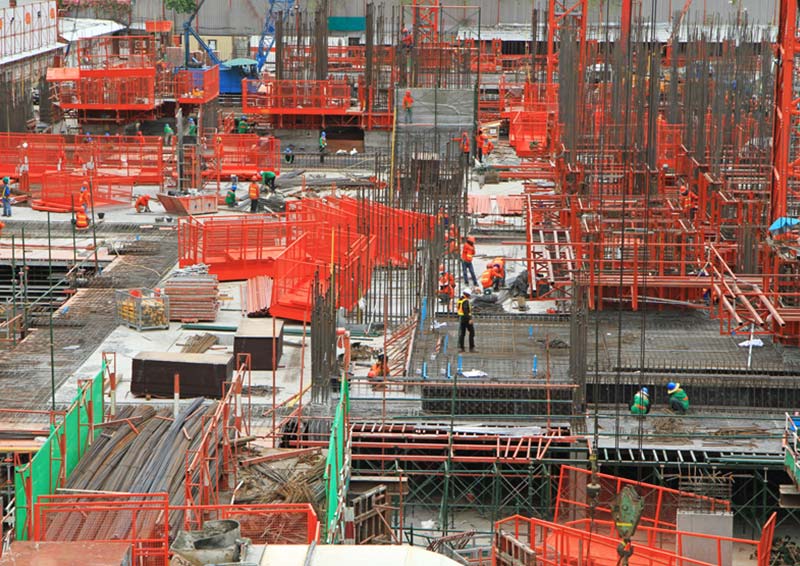Project performance management
Contents |
[edit] Introduction
Project performance management is an aspect of the management process that concentrates specifically on performance (or outcome). This focus on performance comes in the form of the creation, implementation and management of actions that can potentially benefit the organisation in a broad, strategic manner (rather than at a smaller, task-based level). Project performance management is a continuous exercise that encompasses the entire project scope and management process.
Under certain circumstances, a successful project outcome may mean more to an organisation than simply satisfying time and budget requirements. In these instances, project performance management can be used as a tool to measure the final outcome of a project based on how well it provides strategic support that contributes to the success of an organisation.
[edit] Origins
Before there was project performance management, there was performance management - a business management concept introduced in the 1800s. During the early days, performance management was a simple human resources function that documented how well an individual executed a set of tasks. A supervisor would make an observation and record the evaluation of the worker’s performance.
Over the years, this process has progressed beyond operational worker performance to include the individual’s contribution to the strategic performance of the organisation. Most recently, it has expanded into other aspects and departments of an organisation, incorporating culture, mission, policies and other considerations. Ideally, organisations can use these techniques to create a culture that is aligned to its strategy and focused on the organisation rather than on individual projects.
[edit] Three focus areas
Project performance management concentrates on three areas:
- Direct links. Identifying the overall beneficial aspects of the project can reveal whether a project is truly relevant or potentially unnecessary.
- Performance tracking. Keeping accurate records of tasks as they are executed can help determine whether or not the project is delivering the desired results.
- Final review. Assessing the completed project should not only determine if goals were achieved but also reveal what aspects could be improved.
[edit] Staying on track
Methods of project performance management within an organisation tend to change over time. This is considered beneficial as long as the projects remain profitable and drive organisational improvements in a positive strategic direction.
[edit] Related articles on Designing Buildings Wiki
Featured articles and news
Some of the articles relating to water, here to browse. Any missing?
Recognisable characters of Gothic architecture designed to dramatically spout water away from buildings.
A case study and a warning to would-be developers
Creating four dwellings... after half a century of doing this job, why, oh why, is it so difficult?
Reform of the fire engineering profession
Fire Engineers Advisory Panel: Authoritative Statement, reactions and next steps.
Restoration and renewal of the Palace of Westminster
A complex project of cultural significance from full decant to EMI, opportunities and a potential a way forward.
Apprenticeships and the responsibility we share
Perspectives from the CIOB President as National Apprentice Week comes to a close.
The first line of defence against rain, wind and snow.
Building Safety recap January, 2026
What we missed at the end of last year, and at the start of this...
National Apprenticeship Week 2026, 9-15 Feb
Shining a light on the positive impacts for businesses, their apprentices and the wider economy alike.
Applications and benefits of acoustic flooring
From commercial to retail.
From solid to sprung and ribbed to raised.
Strengthening industry collaboration in Hong Kong
Hong Kong Institute of Construction and The Chartered Institute of Building sign Memorandum of Understanding.
A detailed description from the experts at Cornish Lime.
IHBC planning for growth with corporate plan development
Grow with the Institute by volunteering and CP25 consultation.
Connecting ambition and action for designers and specifiers.
Electrical skills gap deepens as apprenticeship starts fall despite surging demand says ECA.
Built environment bodies deepen joint action on EDI
B.E.Inclusive initiative agree next phase of joint equity, diversity and inclusion (EDI) action plan.
Recognising culture as key to sustainable economic growth
Creative UK Provocation paper: Culture as Growth Infrastructure.

























